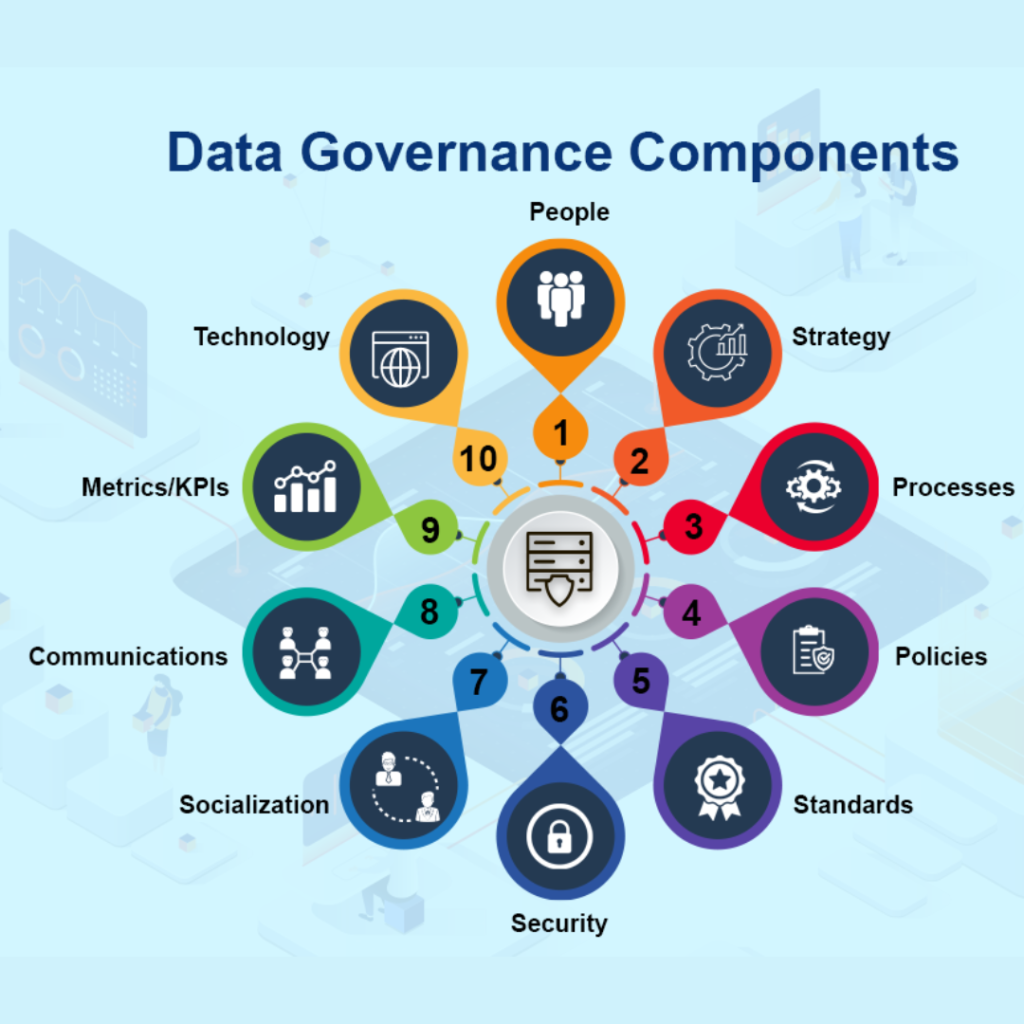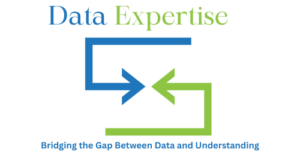In today’s data-driven world, the importance of data cannot be overstated. It’s the lifeblood of businesses, powering decision-making, insights, and innovation. However, with great data comes great responsibility. Ensuring the quality and security of your data is paramount, and that’s where data governance comes into play.
Understanding Data Governance
Data governance is a holistic approach to managing, protecting, and optimizing data to ensure its quality, security, and compliance. It involves defining policies, procedures, and responsibilities to ensure that data is used effectively and securely throughout its lifecycle.

Let’s delve into the essentials of data governance and why it’s a critical aspect of modern business.
1. Data Quality Assurance
High-quality data is accurate, consistent, and reliable. Data governance establishes processes and standards to maintain data quality. This includes data profiling, validation, and cleansing to eliminate errors and inconsistencies. Quality data is the foundation of informed decision-making.
2. Data Security
Data breaches can have severe consequences, including financial losses and damage to reputation. Data governance implements security measures such as access controls, encryption, and authentication to safeguard sensitive information. It ensures that only authorized personnel can access and modify data.
3. Compliance and Regulation
In an era of stringent data privacy regulations like GDPR and CCPA, compliance is non-negotiable. Data governance ensures that your data practices align with these regulations, reducing the risk of non-compliance and associated penalties.
4. Data Ownership and Accountability
Data governance defines clear roles and responsibilities for data stewardship. It identifies data owners who are accountable for data quality, security, and compliance within their respective domains. This accountability promotes better data management.
5. Data Lifecycle Management
Data has a lifecycle, from creation to archival or deletion. Data governance maps out this lifecycle and provides guidelines for data retention and disposal. It helps organizations avoid hoarding irrelevant data, reducing storage costs and risks.
6. Improved Decision-Making
When data is accurate and trustworthy, it enhances the decision-making process. Data governance ensures that decision-makers have access to reliable data, enabling them to make informed choices that drive business success.
7. Data Transparency
Transparency is essential for building trust, both internally and externally. Data governance promotes transparency by documenting data policies and making them accessible to stakeholders. This transparency fosters a culture of accountability.
8. Scalability and Flexibility
As organizations grow, so does their data. Data governance frameworks are designed to scale with your business. They can adapt to changing data needs and technologies, ensuring long-term relevance.
Implementing Data Governance
Implementing data governance requires a structured approach. Start by:
- Assessing Current State: Evaluate your existing data practices, identify weaknesses, and set goals.
- Defining Policies: Establish clear data policies and standards that align with your business objectives.
- Appointing Stewards: Assign data stewards responsible for enforcing data governance policies.
- Technology Solutions: Invest in data governance tools and technologies that support your efforts.
- Training and Education: Ensure that your team understands data governance principles and their roles.
Data governance is not an option; it’s a necessity. It’s the cornerstone of data quality and security in a world where data powers innovation and competitiveness. By implementing robust data governance practices, you can unlock the full potential of your data while ensuring its integrity, security, and compliance with regulations. In an age where data is king, data governance is your crown jewel.
Don’t leave your data’s fate to chance. Embrace data governance, and your data will become a strategic asset that propels your organization forward.



